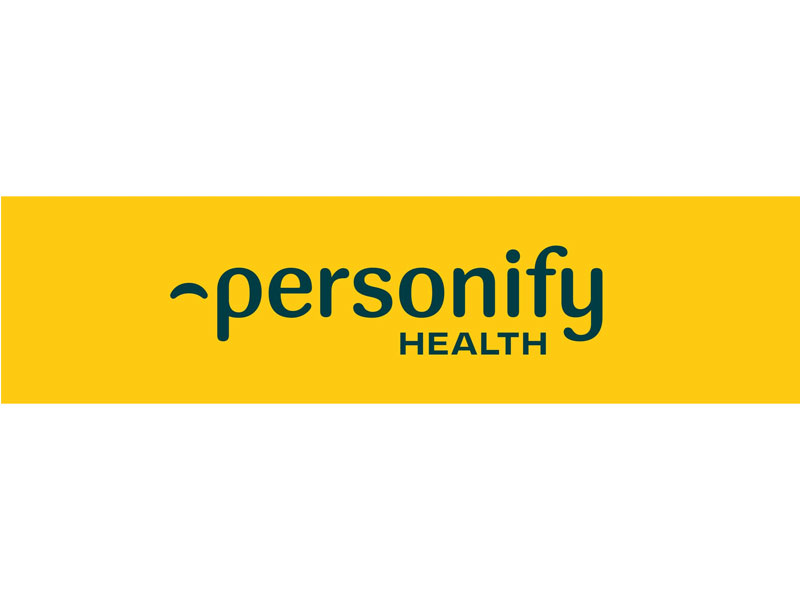Personify Health, the first and only platform company to bring health, wellbeing, and navigation together, has officially published results from a two-year study that demonstrated how the company’s wellbeing program drove notable improvements for employer clients and members. Before we get any further, we must acknowledge that Personify Health basically offers a whole suite of services through its innovative personalized health platform to optimize employers’ investment in their members’ health and wellbeing. Using data-driven and person-centric support, along with highly personalized recommendations and content on mental health, nutrition, sleep, movement, and exercise guidance, the organization enables members to proactively manage their health. Anyway, conducted by Merative Health Insights, the stated research enrolled over 61,000 members to evaluate the impact of member engagement on utilization, and medical and pharmacy costs. Once the stated evaluation was done, the researchers then compared data from five Personify wellbeing clients to industry benchmarks available through the Merative MarketScan® Research Databases. Going by the available details, the exercise revealed how participants in the Personify wellbeing program took a more proactive approach to preventive healthcare when compared to a non-engaged control population, with their pharmacy costs being 38% lower, inpatient costs being 29% lower, and their outpatient costs being 6% lower than the ones who weren’t a part of the program.
Furthermore, the study dug in and discovered that Personify Health clients had almost 23% more preventive visits, including cholesterol, mammogram, and cervical cancer screening rates. Almost like a by-product of that, their rate of acute admits was also 11% lower. Another detail worth a mention here is rooted in the fact that, despite the mental health crisis brought on by Covid 19, Personify Health members experienced positive mental and emotional health trends, including reduced growth rates in depression and anxiety costs and prevalence. To be more concrete, the study observed a three and 14 percentage point cost efficiency improvement when it came to depression and anxiety, respectively, from 2021 to 2022. Apart from that, they had, like we referred to, lower growth rate of depression (three percentage points) and a lower growth rate in anxiety (six percentage points).
“Today, holistic wellbeing is no longer a nice-to-have health benefit. It’s proven to make a significant impact on health and should be a core part of every modern benefits package,” said Jeffrey Jacques, MD, chief medical officer for Personify Health. “Personify’s personalized, human-centered health approach inspires positive behaviors that improve health outcomes and reduce costs. This can have a long-term positive impact, such as increased use of preventive services, better medication compliance, and fewer high-risk, high-cost procedures for participants.”
More on the study would reveal how it had mid- to large-size employers, hailing from various industries, such as utilities, finance, manufacturing, and higher education. We did discuss that the researchers compared these clients to the Merative’s database of approximately 4,500 customers and approximately 293 million lives, but what we still haven’t acknowledged is that, in order to achieve a balanced cohort analysis, members were matched based on demographic characteristics, health risk, socioeconomic status, health plan type, and the region they lived in across United States.
The development in question delivers a rather interesting follow-up to one Centers for Medicare and Medicaid services report, which claims that US will face a steep rise in healthcare costs from $4.7 trillion in 2023 to $7.2 trillion by 2031. This projection, although not entirely, is supported by 5.2% increase in cost of employer-sponsored health insurance during the year 2023.
“Not only does Personify recognize the value of wellbeing programs, but it understands the importance of measuring their effectiveness with trusted, independent data and analytics,” said Casey Graves, general manager for Merative Health Insights and MarketScan.


















